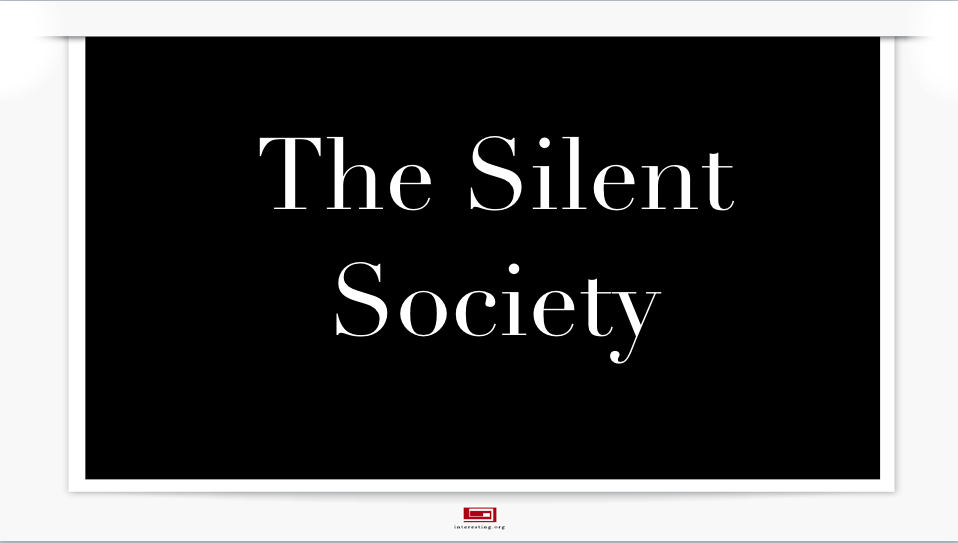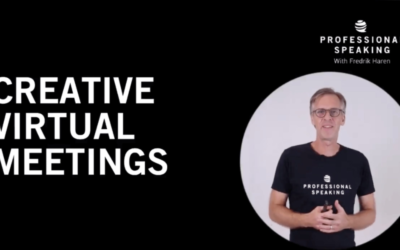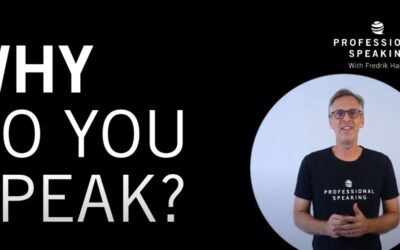
As a speaker you can practice and prepare as much as you want, but you never really know if a story is going to work until you try it on an audience. (Same as a stand-up comedian can work on a joke for hours but will not know if it will create a laugh until it is delivered from stage.)
While comedians will know instantly if their material work (audience laughing = material works, audience not laughing = back to the drawing board again), speakers often can not find out if the new material just by watching the audience.
Because with speakers the story might not told to get a laugh, but to spread a message, inspire some action, change someones mind etc – maybe even to provoke a reaction.
So if comedians can listen for the laughter how can speakers find out if the new material worked or not?
You have to stick around and ask.
Today I did a speech for the clients of Adecco from across AsiaPac. The theme of the event was “The Future of Work” and that was also the title of my speech.
I had written the speech specifically for this convention and one of the new stories that I included was a story of what I called “The Silent Society”, about how we slowly but steadily are getting more and more used to interacting with machines where we used to interact with humans, and how must of us haven’t noticed that change.
After the speech I stayed around for the networking event and tried to talk to as many different audience members as possible.
As it common practise they came up and said: “Thank you for a great speech.”
I said: “Thank you” (Always say Thank you…) but then I added: “What stories did you like in the speech? And may I ask why?”
I find that I get more honest feedback with a broad and open question instead of asking: “So what did you think about the story about X.”
Turns out that a couple of people mentioned the “silent society” story as one of their favourites, even if it was the first time I told it (They of course did not know that).
Now that I know that the story works, I can include it into my library of stories I can use in future speeches.
But the interesting thing was that – because that story is not a funny story, but more a reflective story – there was no reaction at all from the audience when I told it. Personally I had even doubted a bit that perhaps the audience had not liked it.
But apparently they had.
So the lesson for this week will be: Take the time to find out what the audience members think about your stories when you introduce new stories into your speeches.




